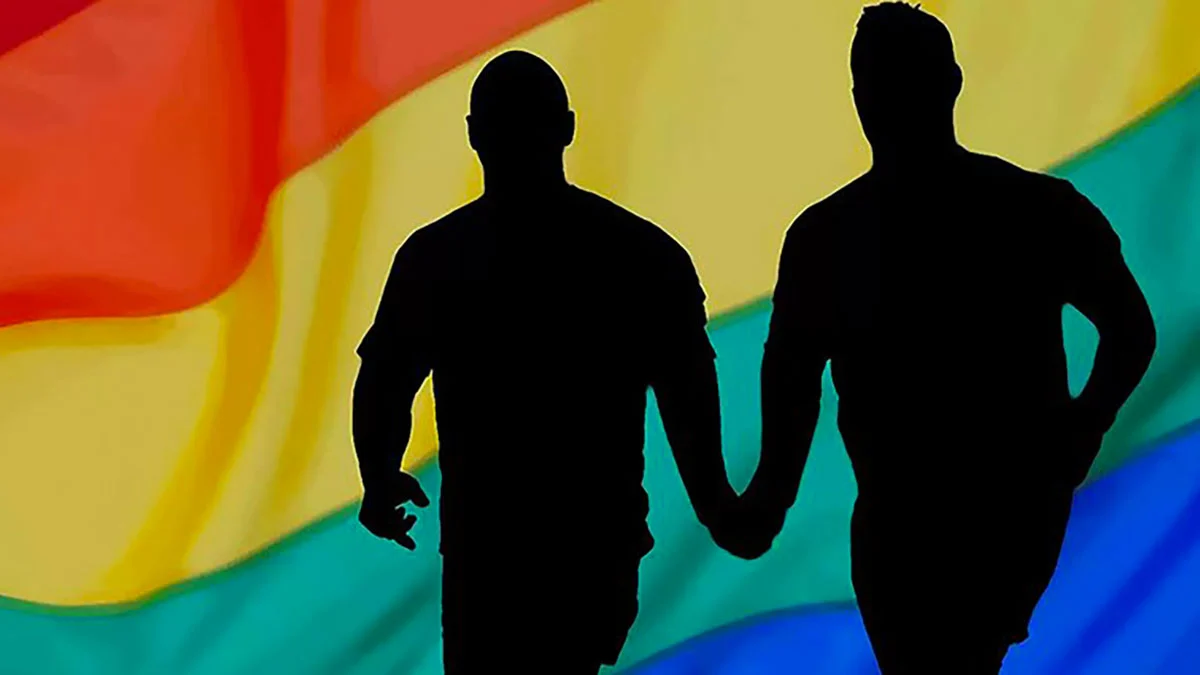
Rwanda: Round-Ups Linked to Commonwealth Meeting
Detention, Ill-Treatment of Poor, Gay, and Transgender People
Rwandan authorities rounded up and arbitrarily detained over a dozen gay and transgender people, sex workers, street children, and others in the months before a planned June 2021 high-profile international conference, Human Rights Watch said today.
They were held in a transit centre in Gikondo neighbourhood of the capital Kigali, unofficially called «Kwa Kabuga», known for its harsh and inhuman conditions, which appear to have deteriorated further due to the increase in the number of detainees held there and the pandemic. The Commonwealth Heads of Government Meeting (CHOGM), first scheduled for June 2020 and rescheduled for June 2021, was eventually postponed indefinitely in May.
«Rwanda’s strategy to promote Kigali as a hub for meetings and conferences often means continued abuse of the capital’s poorest and most marginalised residents», said Lewis Mudge, Central Africa director at Human Rights Watch. «As the meeting is rescheduled, Rwanda’s Commonwealth partners have a choice: either speak up for the rights of the victims or be silent as the crackdown is carried out in their name».
Following reports on abuses at the Gikondo transit centre in 2015, 2016, and 2020, this practice was condemned during Rwanda’s review by the United Nations Committee on the Rights of the Child, a Geneva-based treaty body, in February 2020. Between April and June 2021, Human Rights Watch interviewed via telephone 17 former detainees from Gikondo. Interviews with nine people who identified as transgender or homosexual, three women who were detained with their babies, four men who worked as street vendors at local markets, and a 13-year-old boy living on the streets in Kigali, confirmed that patterns of abuse that Human Rights Watch documented previously are ongoing. Due to fear of reprisals against interviewees, Human Rights Watch has withheld all identifying information.
At Gikondo, detainees are held in overcrowded rooms in conditions well below standards required by Rwandan and international law. The former detainees said they have inadequate food, water, and health care; suffer frequent beatings; and are rarely allowed to leave filthy, overcrowded rooms. People were detained there without basic due process standards. None of the former detainees interviewed were formally charged with any criminal offence and none saw a prosecutor, judge, or lawyer before or during their detention. There were no measures to protect people from Covid-19, and former detainees said they did not have access to testing, soap, masks, or basic hygiene and sanitation amenities.
People interviewed who identified as gay or transgender said that security officials accused them of «not representing Rwandan values». They said that other detainees beat them because of their clothes and identity. Three other detainees, who were held in the «delinquents» room at Gikondo, confirmed that fellow detainees and guards more frequently and violently beat people they knew were gay or transgender than others.
In the past, round-ups have been connected to high-profile government events, ahead of which security forces may ramp up efforts to «clear up» Kigali’s streets. Human Rights Watch documented a similar round-up in 2016 before an African Union Summit held in Kigali. Ahead of the now postponed 2021 Commonwealth meeting, several former detainees said the police told them they did not want them on the streets during the event.
A civil society activist in Kigali said: «The streets were empty before the meeting. You couldn’t see any street children in town. Even the fruit vendors were taken [to Gikondo]. But now you can see them in the streets again». Sources in Kigali confirmed that fewer people were living or working on the streets in the month preceding the date for the meeting. Several former detainees said the conditions at Gikondo had worsened in the lead-up to the meeting due to severe overcrowding.
An 18-year-old woman, a street vendor arbitrarily detained for two weeks with her 9-month-old baby, said: «[The police] said the government wanted to clear the city because of CHOGM. They said they would detain us until CHOGM has happened without our filth on display».
Rwanda is one of a few countries in East Africa that does not criminalise consensual same-sex relations. Vagrancy, begging, and sex work are not criminalised either. Yet the authorities continue to use Gikondo Transit Center to imprison people accused of «deviant behaviour that is harmful to the public», including street vending and homelessness.
Rwanda should urgently close the transit centre in Gikondo and amend the legal framework governing the National Rehabilitation Service. The authorities should promptly investigate all reported cases of ill-treatment and beatings of detainees by police and transit centre personnel – including reports of detainees dying in detention – and prosecute the suspected abusers, Human Rights Watch said.
«Based on past experience, there is every likelihood that similar patterns of abuse will occur ahead of whatever new date is set for the Commonwealth meeting», Mudge said. «Locking up marginalised people and abusing them simply because the authorities believe they tarnish their country’s image violates human dignity, and Commonwealth leaders should not tolerate this».
